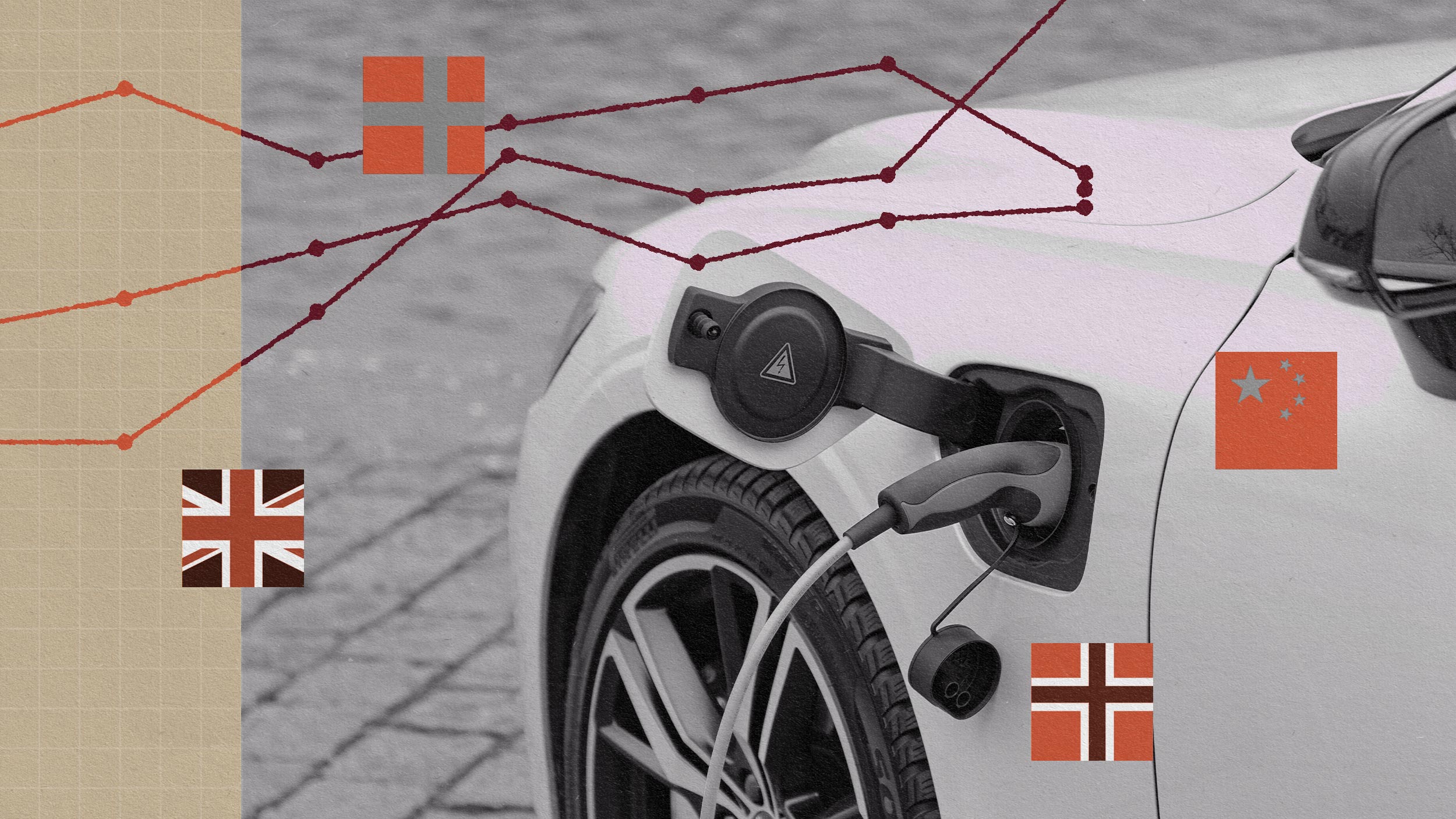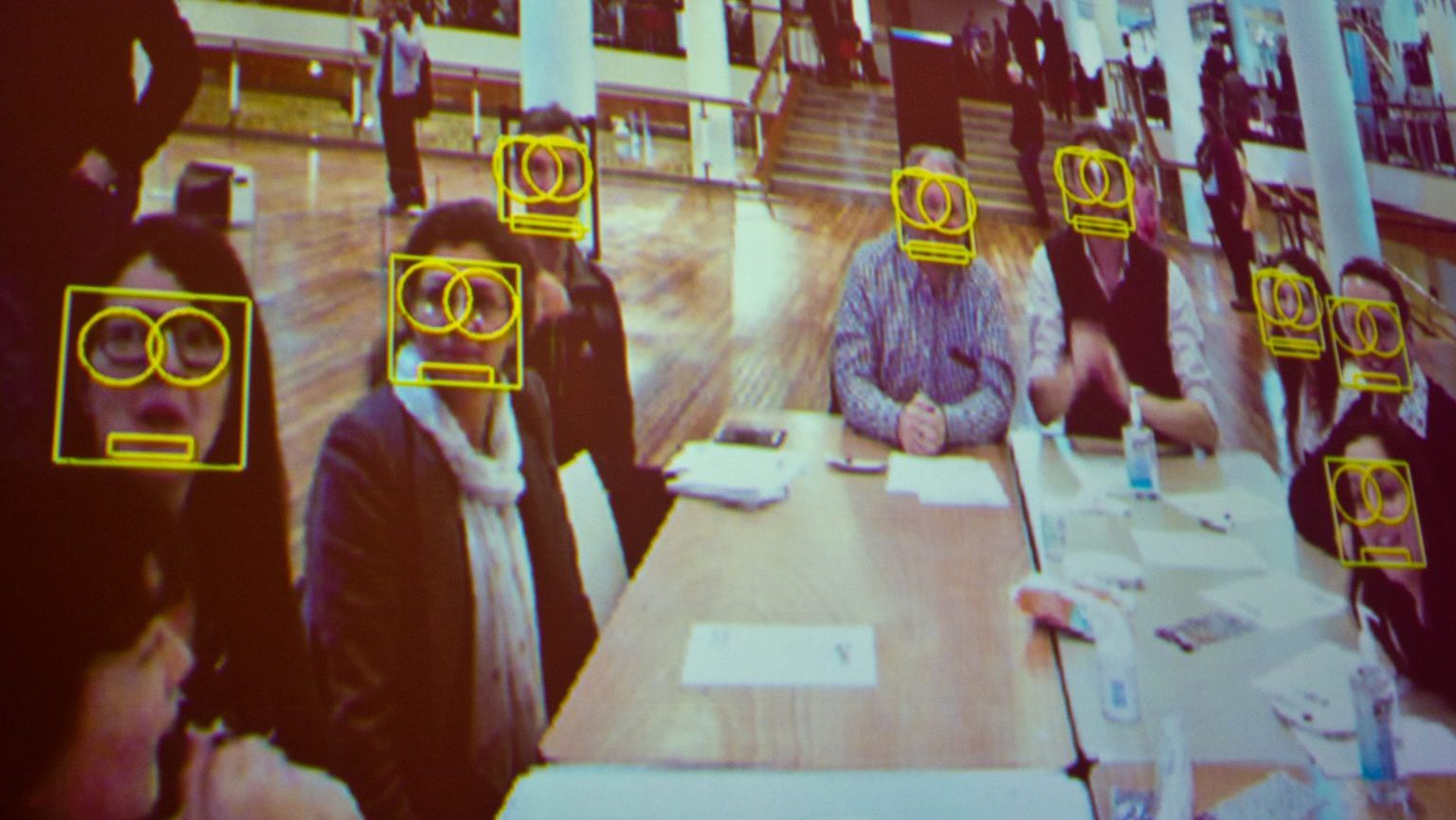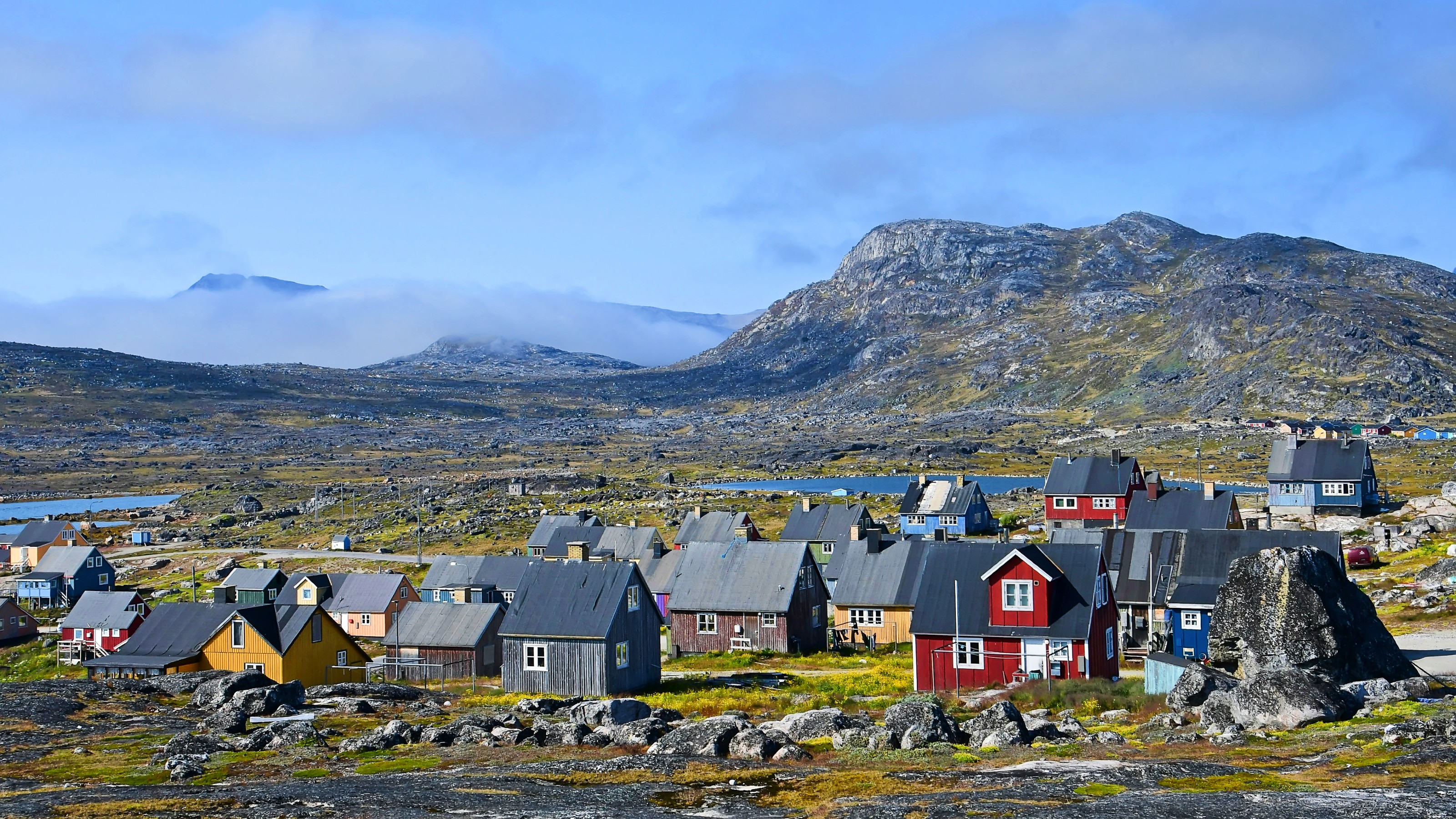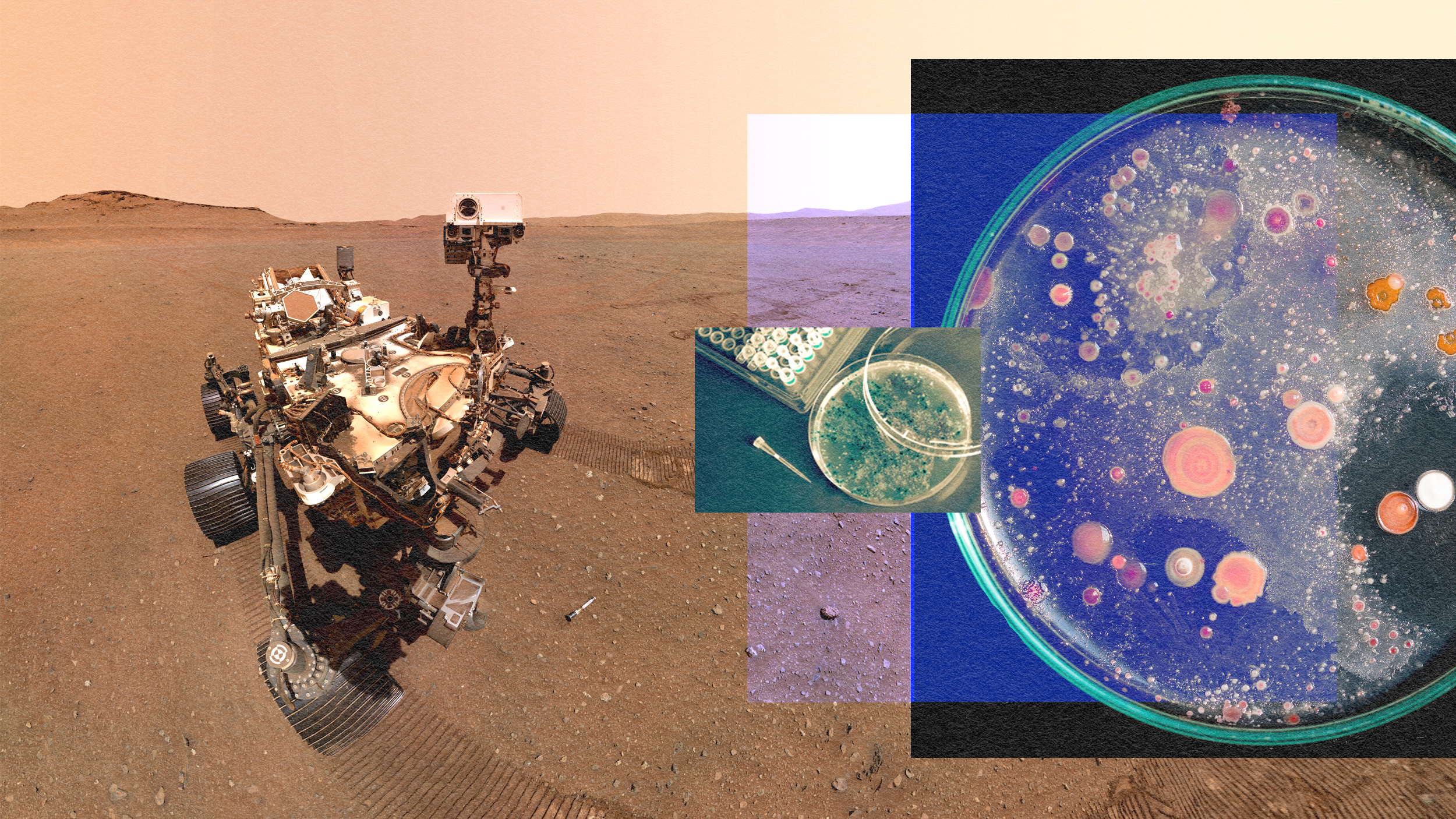The Present
All Stories
Should social media platforms have the right to decide what speech to allow online? Should the government?
A look back at the rise of solar power in the US and what’s next.
“How long someone thinks about [a] problem is a really good proxy of how humans behave.”
Misinterpreted data may be distorting Western predictions about the future of China’s economy.
The major transformation in the where of modern workplaces is about to collide with a transformation in who is doing that work.
Driven by a childhood marked by war and environmental devastation, Dyhia Belhabib developed an innovative technology to combat illegal fishing.
The Human Chronome Project finds that the average human sleeps for 9 hours but only works for 2.6 hours.
This may be the largest helium reservoir in U.S. history.
Beef production is largely responsible for greenhouse gas emissions from the food system.
“Values emphasizing tolerance and self-expression have diverged most sharply, especially between high-income Western countries and the rest of the world.”
The majority of people in every country support action on climate, but the public consistently underestimates this share.
Although social paranoia is more common than clinical paranoia, studies suggests that American society isn’t any more conspiratorial than it has been in the past.
Consumer debt shapes American lives so thoroughly that it seems eternal and immortal, but it’s actually relatively new to the financial world.
Throughout the world, traditional political organizations are increasingly seen as dysfunctional. But can democracies live without them?
Food transport accounted for only 6% of emissions, but the production of dairy, meat, and eggs accounted for 83%
Explore data on electric car sales and stocks worldwide.
Autocrats like Xi Jinping and Vladimir Putin fear democracy, yet go to great lengths to present themselves as democratic leaders.
Ethan Mollick, associate professor at the Wharton School, explains why we have to crack the machine-buddy problem.
Perrikaryal uses an EEG to translate her brain activity into beating bosses in “Elden Ring” and beyond.
A college education currently provides roughly a 10% rate of return, beating the long-term performance of equities.
Police forces are choosing humans over algorithms to make some identifications.
About three out of every four people arrested in the U.S. are men. That rate is similar across the world.
Some of the world’s most satisfied societies are poor, small, and remote.
The case for why NASA should pivot to searching for current — not ancient — signs of life.
Five times in U.S. history, American presidential candidates have ascended to leadership despite lacking the popular vote. Here’s how.
Scientists are working to map out the risks of the permafrost thaw, which could expose millions of people to the invisible cancer-causing gas.
Do the benefits of plastics outweigh the costs?
There is a cross-country correlation between democracy and health. Is there good evidence to suggest it is causal?





























